Repeated efforts by Ambazonian leaders, lawyers, and advocates to engage the UN Decolonization Committee have been unsuccessful.
By The Independentist Editorial desk
For Ambazonians, the United Nations is both the forum that birthed our hopes and the body that failed to complete them. Many articles, legal memoranda, and historical inquiries have returned to the central question of our decolonization. The evidence is overwhelming: the process was never finalized.
The 1961 plebiscite outcome was never ratified by the Parliament of the Southern Cameroons. The Federal Constitution that followed was imposed without the consent of our elected representatives. And, most crucially, the very conditions for forming a federal system—outlined by the United Nations itself—were never respected by La République du Cameroun (LRC).
Yet, despite this mountain of evidence, repeated efforts by Ambazonian leaders, lawyers, and advocates to engage the UN Decolonization Committee have been unsuccessful. The typical response has been brief and categorical: “The case of Southern Cameroons is closed.”
The French Veto at the Security Council
At the UN Security Council, the reality is even more complex. France, acting as Cameroon’s principal defender, has consistently opposed any move to re-open the question of Southern Cameroons’ sovereignty. Even when the United States and other members have attempted to bring the matter forward, French influence and the use of its veto have blocked progress.
This has meant that for more than six decades, the issue of Ambazonian self-determination has remained unresolved—not because the evidence is lacking, but because the political will is absent.
The UN’s Legal Immunity
A further challenge lies in the fact that the United Nations is effectively above the law. It cannot be sued for its mistakes, however grave, and no world court will entertain a case against the UN itself for failing to complete decolonization. This structural immunity means that Ambazonians cannot expect redress by dragging the UN before the International Court of Justice or any other tribunal.
The burden, therefore, falls on Ambazonians themselves to keep pressing through political, legal, and diplomatic channels — compelling the UN and the international community to reckon with the consequences of unfinished decolonization.
Is There Any Hope for Southern Cameroons?
The answer is yes. The genocide unfolding in our homeland cannot remain invisible forever. The deliberate burning of villages, mass killings, systematic displacement, and erasure of Ambazonian identity will, sooner or later, force the United Nations and the wider international community to act.
In the course of addressing the humanitarian catastrophe, the root cause—our unresolved decolonization—will inevitably come to the table. This is exactly where we are today:
U.S. Senate Resolution 684 has already placed the question of Cameroon’s Anglophone crisis within the purview of American foreign policy.
The failed Swiss-led Dialogue Plus process demonstrated that cosmetic mediation cannot solve a structural injustice.
The ICC filings by Ambazonian advocates are bringing the crimes of genocide and crimes against humanity into international legal frameworks.
Ambazonia is, therefore, on the right path—not because the UN has taken the initiative to correct itself, but because the persistence of our people and the gravity of the crimes being committed are compelling the world to pay attention.
Dr. Sako’s Position
Dr. Samuel Ikome Sako, President of the Federal Republic of Southern Cameroons Ambazonia in Exile, has been clear and consistent on this point:
“The United Nations may not readily revisit its past mistakes. But history shows that genocides leave no room for silence. The destruction of our communities, the resilience of our people, and our commitment to lawful self-determination will ensure that the question of Ambazonia returns to the global stage. We are not asking for new rights—we are demanding the completion of a process the United Nations itself began in 1961 but left unfinished.”
Dr. Sako has also stressed that the international legal instruments already exist:
UN Resolution 1608 (XV) required that the results of the 1961 plebiscite be finalized in agreement with the Government of Southern Cameroons and properly lodged at the United Nations. This was never done.
Article 76(b) of the UN Charter makes clear that the objective of a trust territory is either independence or self-government. Annexation was never an option.
The Montevideo Declaration of 1933 outlines four criteria for statehood: a permanent population, a defined territory, a government, and the capacity to enter into relations with other states. Southern Cameroons clearly met these criteria in 1961—and continues to meet them today.
The Commonwealth Charter (2013) reaffirms the right of all peoples to self-determination. As a former British-administered territory and part of the Commonwealth family, Southern Cameroons has every right to expect those principles to be upheld.
The Lesson
The lesson for Ambazonians is sobering but empowering: the United Nations has historically struggled to correct its mistakes, and its immunity means it cannot be compelled to do so by law. It is not moral clarity alone that drives change, but crisis.
This is why Ambazonians must remain steadfast. Through resilience, civil resistance, international advocacy, and legal filings, the genocide being committed today will one day force the world to address the unfinished business of our independence.
Ambazonia is on the right path—not because the UN has corrected itself, but because truth, justice, and the persistence of a people cannot be buried forever.
The Independentist editorial desk













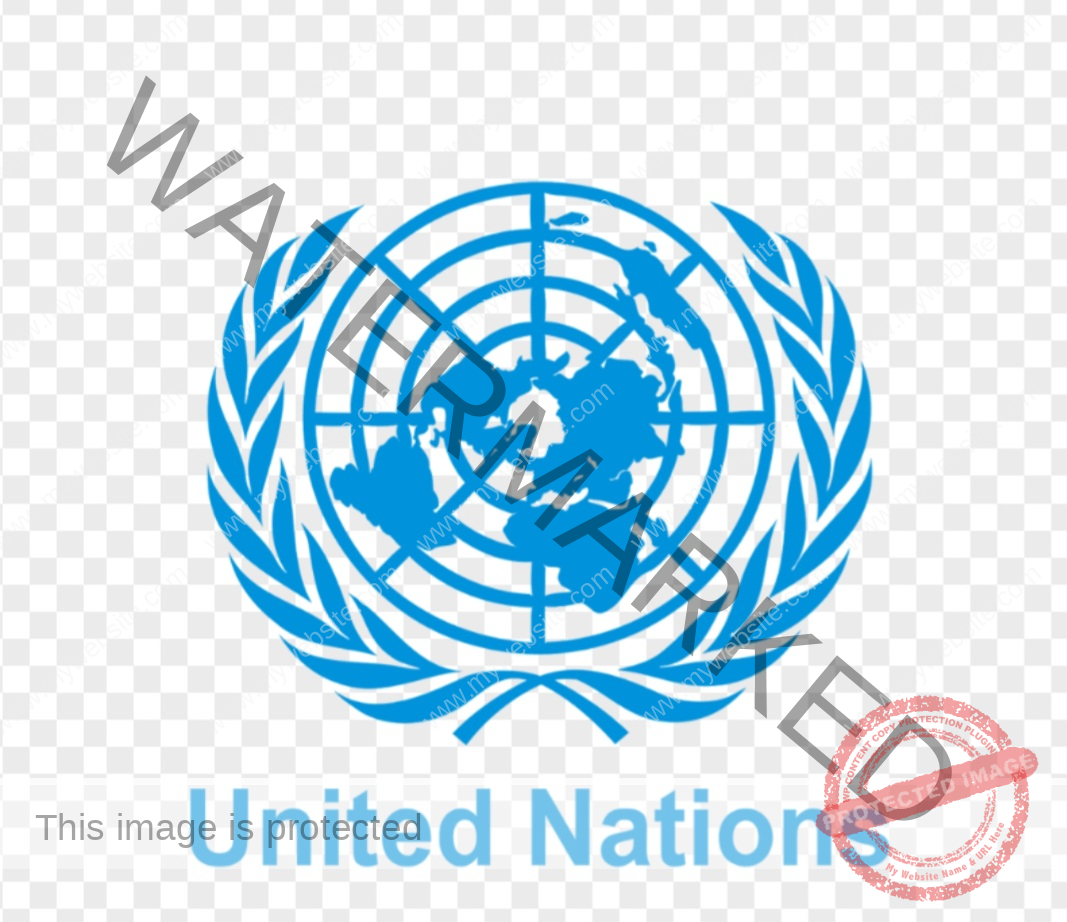
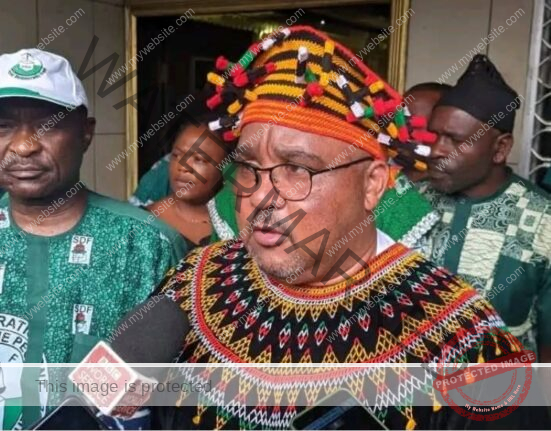
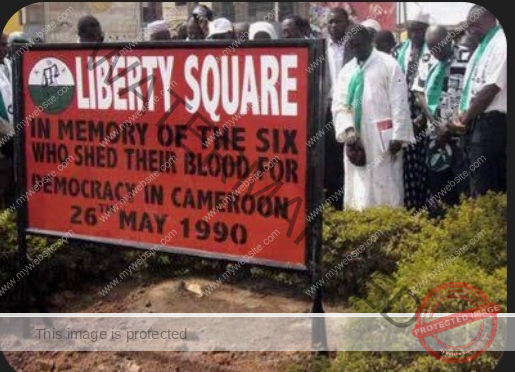


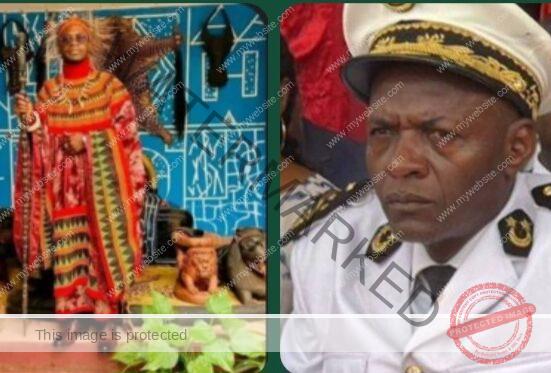
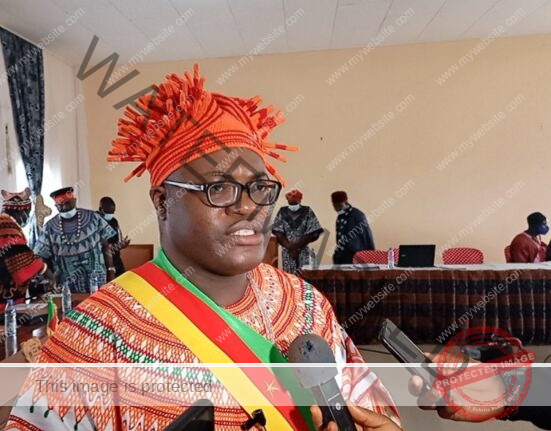

Leave feedback about this